Methods of Knowledge: According to Advaita Vedanta
The simple question, 'How we know?" is one of the toughest problems that have confronted the human mind. Methods of Knowledge presents to modern thinkers the Vedantic approach to this universal problem. It dwells on different types of knowledge from sensory experience, which man shares with the lowest living beings, up to the transcendental perception of ultimate Reality claimed by great mystics and seers of the world. The commonest of all cognitions has proved to be no less enigmatic than the rarest of them all. Modern epistemologists-the idealists, the realists and the mediators-have grappled with the former without reaching a satisfactory solution, while they have hardly recognized the letter. The present treatise includes a comprehensive and consistent treatment of both these types of experience.
Besides the interpretation of different forms on non-existence, to which Western epistemology has paid scanty attention. True to the Advaita position the book tackles the problems of knowledge with reference to its source, the self within, with is undeniable, although unnoticed. Though ancient, the process is ever new, being applicable in all cases of cognition. The author has tried to present the Advaita views in relations to those of other Indian and Western systems of thought. The book is suited to thinkers in general within and without the academic circle.
Swami Satprakashananda, the author of the book, is the founder-head of the Vedanta Society of St. Louis, Mo., U.S.A., and a senior member of the Ramakrishna Order. He has worked in United States as a spiritual teacher for over three decades.
Get it now and save 10%
BECOME A MEMBER

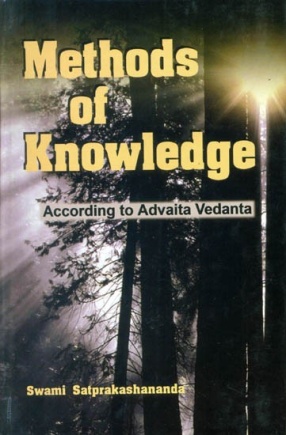
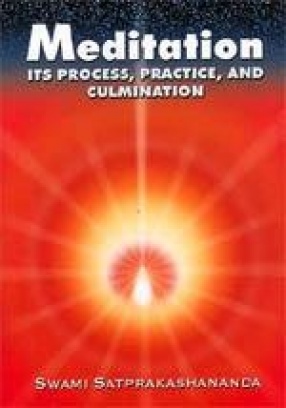
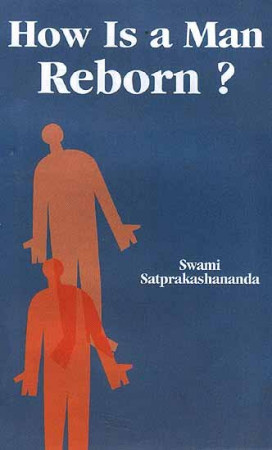


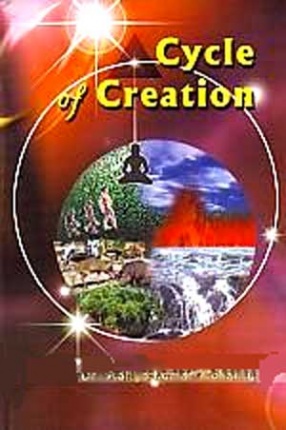
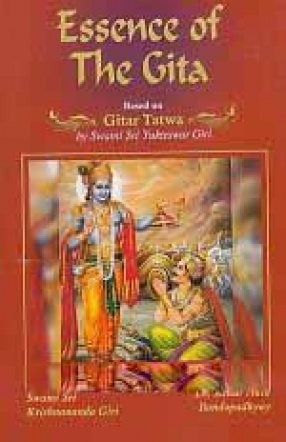

Bibliographic information